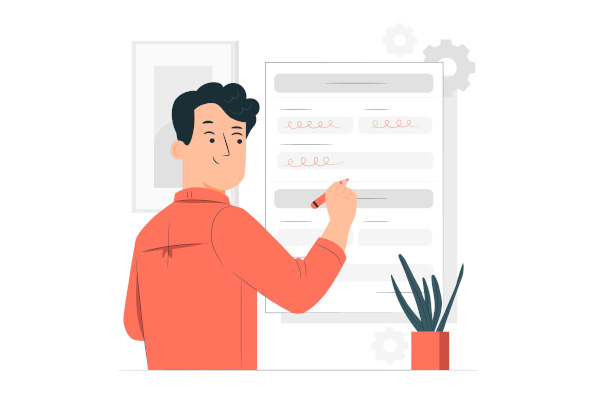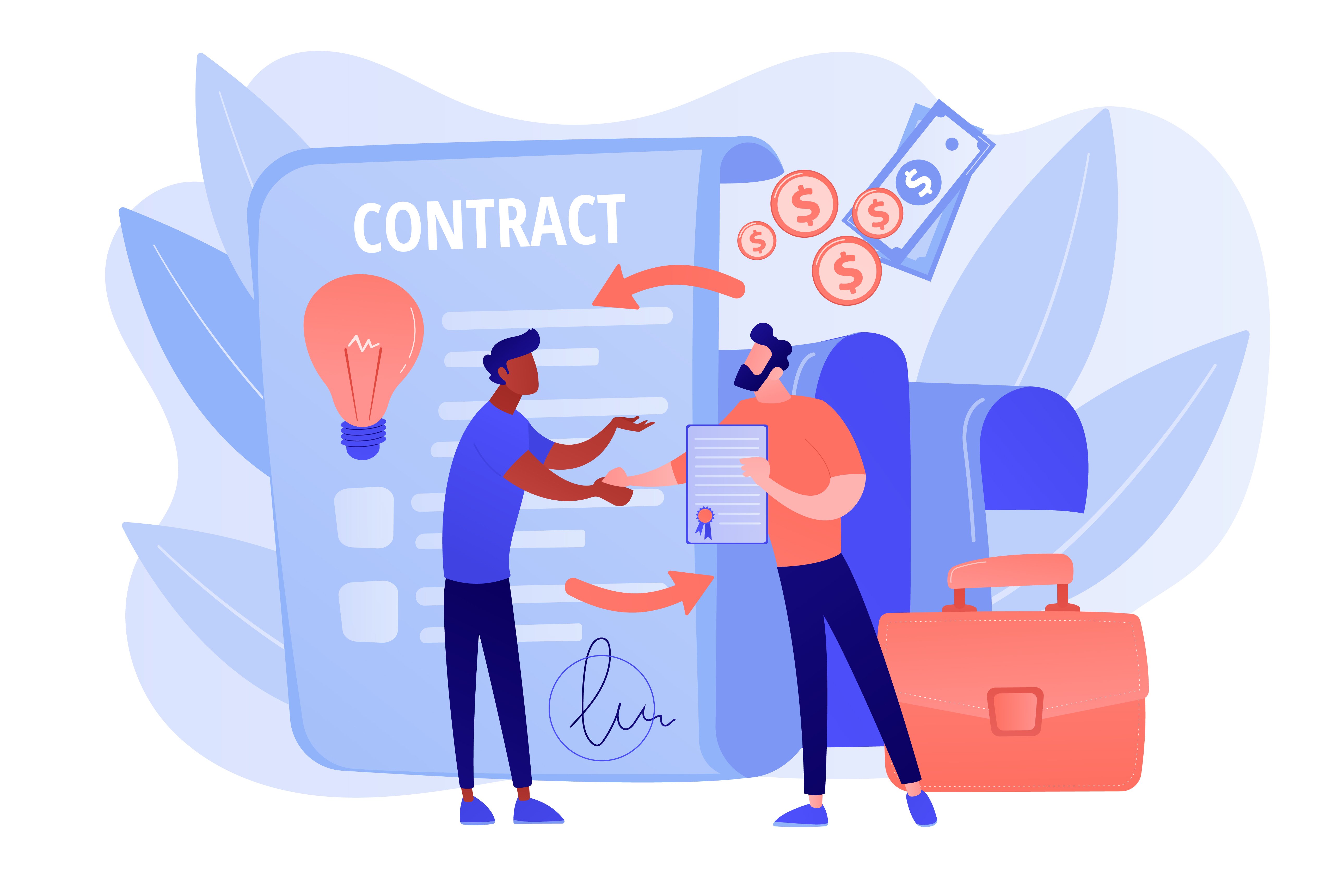Protecting Your Digital Products with Proper Agreements
If you create and sell digital products, such as e-books, courses, software, or downloadable content, it's crucial to protect them with the right...
4 min read
LegalGPS : Oct. 14, 2024
In this blog, we’ll explore some of the most important legal issues developers face when creating an app, including intellectual property, privacy, advertising, and jurisdictional considerations. Let’s dive into these legal concerns and learn how to navigate them.


Legal GPS Pro
Protect your business with our complete legal subscription service, designed by top startup attorneys.
One of the first legal considerations when developing an app is ensuring proper ownership and protection of intellectual property (IP). Your app may involve creative content, software code, or even branding elements like logos—all of which require protection from theft or misuse by others.
If you're outsourcing development work, make sure you use a Work-for-Hire Agreement. Under U.S. copyright law, a work-for-hire contract establishes that the employer, not the employee or freelancer, owns the rights to the work created. This ensures that any code, design, or creative elements produced belong to your business, not the developer.
For scenarios where the work-for-hire agreement doesn’t apply, such as collaborations or joint ventures, include an IP Assignment clause in contracts. This ensures that all rights to the work created are transferred to you as the owner.
Consider registering your app’s name, logo, and unique features under trademark, copyright, or patent law, depending on the nature of your app. These protections allow you to defend against unauthorized use and infringement, and they provide a basis for legal action if someone steals your idea.
Apps often collect personal data from users, such as names, emails, or even sensitive financial or medical information. In the U.S., there are no specific federal privacy laws targeting apps, but various laws govern the handling of specific types of data, especially when it comes to financial, medical, biometric, and children’s information.
If your app collects PII, you must take precautions to comply with privacy laws. Display a clear Privacy Policy on your app and website, informing users about the types of data collected and how it will be used. Ensure users explicitly agree to this policy before sharing any personal information.
You must implement strong security measures to protect user data, including encryption, secure storage, and restricted access. For apps that store or transmit credit card information, compliance with the Payment Card Industry Data Security Standard (PCI DSS) is critical to ensure the safety of payment data.
Sales Tax Obligations for E-Commerce
When developing an app, especially if you're outsourcing work, you face the risk of confidential information being leaked or stolen. This could include your app’s concept, design, or business strategy. To mitigate this risk, always have developers, designers, and any other third parties sign a Non-Disclosure Agreement (NDA).
An NDA helps ensure that your ideas remain protected throughout the development process and beyond.


Legal GPS Pro
Protect your business with our complete legal subscription service, designed by top startup attorneys.
Your app should include Terms of Use (TOU) to define how users interact with your app and protect your business from potential liability. The TOU should cover key areas like:
For apps that foster user interactions, such as social media apps, it’s crucial to have well-defined TOU to protect your business from lawsuits arising from user-generated content.
If your app will be promoted through online ads, you must comply with Truth in Advertising laws. This means any claims you make about your app’s features, benefits, or functionality must be truthful and not misleading. False advertising, especially if it endangers public health or safety, could result in legal action.
If your app tracks user behavior for marketing purposes (such as displaying targeted ads), you must adhere to DAA’s Self-Regulatory Principles for online behavioral advertising. These principles ensure that users have control over how their data is collected and used for advertising.
Apps can easily cross borders, making it important to consider international laws when distributing your app. Each country has its own legal framework regarding data privacy, intellectual property, and consumer protection. For example:
It’s advisable to consult with legal experts who specialize in the laws of the countries where your app will be distributed to ensure compliance.
Finally, you must also consider the agreements you enter into with app platforms like Google Play or Apple’s App Store. These platforms have their own OS licensing terms and guidelines that regulate how apps can be distributed, marketed, and monetized. Violating these terms could result in your app being removed from the store.
Additionally, if your app integrates with third-party platforms like Facebook or Twitter, be aware of their terms of service as well. These platforms can control how your app interacts with their services, including potential restrictions or modifications.
Creating an app is an exciting venture, but it comes with significant legal considerations that can’t be ignored. From protecting intellectual property to complying with privacy and advertising laws, addressing these legal issues early on can help you avoid potential lawsuits and protect your business from costly fines.
The biggest question now is, "Do I need a business lawyer?” For most businesses and in most cases, you don't need a lawyer to start your business. Instead, many business owners rely on Legal GPS Pro to help with legal issues.
Legal GPS Pro is your All-In-One Legal Toolkit for Businesses. Developed by top startup attorneys, Pro gives you access to 100+ expertly crafted templates including operating agreements, NDAs, and service agreements, and an interactive platform. All designed to protect your company and set it up for lasting success.

Legal GPS Pro
Protect your business with our complete legal subscription service, designed by top startup attorneys.

100+ legal templates, guides, and expert advice to protect your business.
Trusted by 1000+ businesses
Table of Contents

If you create and sell digital products, such as e-books, courses, software, or downloadable content, it's crucial to protect them with the right...

Starting an online store is an exciting venture, but it comes with its own set of legal challenges that you need to address to keep your business...

Whether you’re an affiliate marketer or a merchant, understanding the rules that govern affiliate marketing is crucial. This guide will help you...